Episode 3
De-risking Aquaculture through Jurisdictional Sustainability Programs
with Jason Carter
 Jason Carter is the former Investment Manager for IDH’s global aquaculture program. Jason is now working closely with the Asia Aquaculture Facility to continue building marine investment programs. Based in Indonesia, he has been working primarily with farming communities to understand their specific social, environmental, and economic characteristics to improve the effectiveness of sustainable development programs for them. Concurrently, he bridges these works to international stakeholders, structuring investment vehicles to channel capital into such sustainable development programs to fund their growth. He has a background in structuring investment funds on the private and public markets (esp. revenue-based finance), North American sustainable aquaculture, marine science and entrepreneurship.
Jason Carter is the former Investment Manager for IDH’s global aquaculture program. Jason is now working closely with the Asia Aquaculture Facility to continue building marine investment programs. Based in Indonesia, he has been working primarily with farming communities to understand their specific social, environmental, and economic characteristics to improve the effectiveness of sustainable development programs for them. Concurrently, he bridges these works to international stakeholders, structuring investment vehicles to channel capital into such sustainable development programs to fund their growth. He has a background in structuring investment funds on the private and public markets (esp. revenue-based finance), North American sustainable aquaculture, marine science and entrepreneurship.
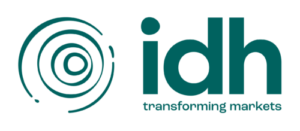 IDH is an organization that works with businesses, financiers, governments, and civil society to realize sustainable trade in global value chains. IDH believes that action-driven coalitions will drive impact on the Sustainable Development Goals and create value for all. You can learn more about IDH here.
IDH is an organization that works with businesses, financiers, governments, and civil society to realize sustainable trade in global value chains. IDH believes that action-driven coalitions will drive impact on the Sustainable Development Goals and create value for all. You can learn more about IDH here.
IDH has been a long-time supporter of GSSI since its inception – involved in the development of GSSI, sitting on the GSSI Steering Board and Executive Committee, and an Affiliated Partner of the GSSI Global Partnership. It also played a big part in getting GSSI’s Seafood MAP program off the ground. Since the inception of Seafood MAP, IDH has been involved in overseeing the project’s development and implementation – providing the seed funding to translate the concept into an initial theoretical design. During this period, actively participating in the scoping process and testing initial concepts on the ground in their Banyuwangi project.
In 2021, IDH joined the GSSI Seafood MAP Partner Taskforce to continue active participation in the implementation phase of Seafood MAP. IDH ran several pilot projects in different parts of the world to test the theoretical design and identify the next steps to build the digital platform.
Jason, what brought you to Banyuwangi, and what are you working on there?
A few years back, The Walton Family Foundation’s Indonesian Aquaculture Initiative funded a number of organizations to address numerous angles of sustainable development for Indonesian aquaculture, especially shrimp in East Java. Of those organizations funded, a subgroup focused on Banyuwangi was created – the Shrimp Improvement Program (SIP) – which included Conservation International, Konservasi Indonesia, ThinkAqua, Longline Environment, the Sustainable Fisheries Partnership (SFP), and IDH.
I arrived in Banyuwangi in 2019, and while the SIP team had numerous different project objectives, it was clear to me that the farming community would be slow to meet those objectives due to a lack of incentive to do so. Hence, with IDH’s angle being investment, the SIP team turned towards IDH to provide that incentive that would end up convening the region around a unified development plan, a development plan that would then be financed through an innovative financial vehicle that IDH would lead the structuring of. Thus, the concept of the community-built roadmap, which is to be financed through a tailored investment vehicle, was created. The roadmap process also builds off and aligns closely with SFP’s Aquaculture Improvement Program toolkit and best practices developed in Fishery Improvement Programs.
After three years of work, the roadmap has been completed and formally endorsed by the Regency of Banyuwangi, making it a sustainability program that is built exclusively by the community, while also being benchmarked to international environmental and social responsibility standards to ensure effective engagement with international markets. The roadmap is a community-based approach sustainability program that is tailor-made for Banyuwangi and is a result of numerous organizations coming together, with support from the Walton Family Foundations Indonesian Aquaculture Initiative grants.
The macro impact ‘destination’ of the roadmap was agreed on by over 70 different stakeholders, both national and international, during a consensus meeting; the ‘roadmap’ to get to that destination, which is detailed, timeline- and milestone-based, was built and will be executed exclusively by the community of farmers, government and local industry representatives.
The roadmap is a community-based approach sustainability program that is tailor-made for Banyuwangi and is a result of numerous organizations coming together.
Can you go a little deeper into the details and destinations of the roadmap?
The best way to understand the roadmap is by looking at its themes. There are three main themes; ecosystem protection, the standard of living for the farmers, and community capacity building. Under these three themes are major objectives, or destinations, that we have set out to achieve. Let me walk you through these objectives to grasp the nature of the details better.
Under ecosystem protection, objectives cover:
- Conservation of communal water bodies through community-based water quality management
- Management of nutrient loads that enables the health of the surrounding ecosystem to be maintained through measurement, monitoring, and treatment
- Maintenance of mangrove forests
Under the standard of living for farmers, objectives cover:
- Farmers are able to meet a decent standard of living and stable income level
- Farmers can maintain and upgrade their operations in the long term through access to high-quality feed and seeds, capacity-building assistance, financial management, innovative technology, and business legality support
Under community capacity building, objectives cover:
- All relevant stakeholders collaborate and coordinate to improve communication and educational capacity to implement an area-based approach to aquaculture, based on the FAO’s Ecosystem Approach for Aquaculture
- All farmers collaborate and coordinate to control the spread of disease, improve communication and education among farmers, and seek collective bargaining positions to increase product competitiveness
- All relevant stakeholders collaborate and coordinate to encourage investment into the sector through regulatory amendments; support and enhance internationally recognized certification programs and accompanying verification processes, and develop an infrastructure that provides a platform for multi-stakeholder dialogue
IDH handing over the MoU of the Roadmap to the Regency of Banyuwangi
Source: IDH, The Sustainable Trade Initiative
Those objectives sound very encompassing and that a lot of hard work will be needed to reach them. Why do you believe that this program will be successful?
The milestones and timeline (or ‘road’ to reach those objectives/destinations) were built out exclusively by the community members in Banyuwangi (farmers, government, and supply chain workers), with no input from any organizations that are non-community members, and no ‘mediation’ by IDH. Communities have the local knowledge to know their own social, economic and environmental situation much better than anyone who can come in as an outsider. Local knowledge is undeniably valuable, and oftentimes an untapped resource when it comes to sustainability management projects. This local development and ownership angle will ensure maximum community buy-in when it times to commit resources and execute the roadmap over its five-year tenure.
Each item in the roadmap is milestone and time-based, with a volunteer ‘champion’ stakeholder to help make sure that the item succeeds according to the action plan. This ensures dependability.
This roadmap provides an important global precedent for how sustainability programs can be tailor-made, yet systematically established, to ensure maximum relevant impact and community buy-in – versus top-down international certification programs that involve impact goals that haven’t been tailor-made for the communities. I’ve seen the community members, how hard they work, and how important the shrimp industry is to their livelihoods. This concept provides optimism for the farmers and stakeholders involved in how all the stakeholders can come together to unlock the capital needed for a better future; with the common agreement being a prerequisite.
Each item in the roadmap is milestone and time-based, with a volunteer ‘champion’ stakeholder to help make sure that the item succeeds according to the action plan. This ensures dependability.
Many people may wonder how a program like this measures up to third-party certifications. How can you ensure its credibility?
As GSSI’s Seafood MAP program shows – one size doesn’t fit all for sustainability solutions. Certifications, ratings, and fisheries and aquaculture improvement projects are key tools for increasing seafood sustainability, but they are not a universal solution. Sustainability solutions need to be available to those that do not have access to the key tools that are currently available – such as certification. The Banyuwangi Roadmap is an example of how involving local knowledge and experience can help find a solution that does fit and work for a specific area, where all farmers in an area might not have the means to reach third-party certification.
This program, like Seafood MAP, doesn’t replace certifications but rather works in harmony with them by integrating aspects of international third-party certification programs to help ensure that the products are acceptable to markets and retailers that have strict sourcing mandates. Further, by working with all farmers in an area, and not just those that can be certified, the program tackles important environmental and production issues that international certifications often do not, such as cumulative environmental impacts and coordinated disease management in the region.
There will be a monitoring and evaluation process set up in concert with a formal government program that will ensure its credibility – this is currently in the works.
Interviews with shrimp farmers in Banyuwangi
Source: Alune Aquaculture
Thank you for your insights today Jason. Can you share what’s next for Banyuwangi?
The roadmap has been formally sanctioned by the regional government and supported by leading private industries in the region. The target is to now work with the government to integrate this with their existing capacities and goals, whilst leveraging community leadership and capacity for its execution. Yayasan Konservasi Indonesia will lead the coordination and implementation of the program.
This jurisdictional aspect of the roadmap is believed to be a global first for aquaculture – an industry with numerous investment risks that must be taken in a jurisdictional context, such as water quality of common waterways and disease transfer – and thus provide foundations for international replication and unlocked investment into the sector.

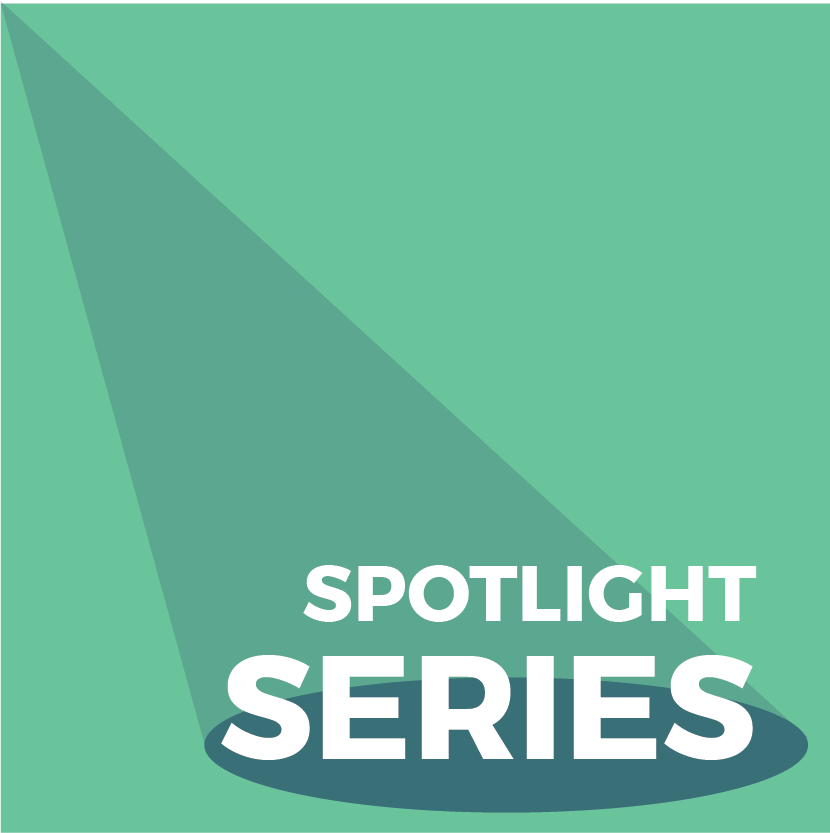


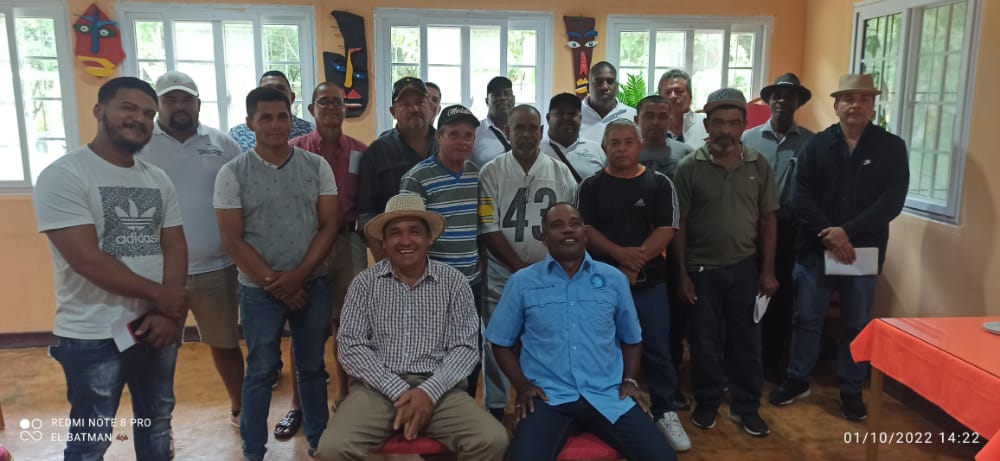
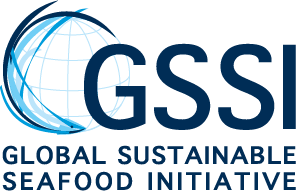
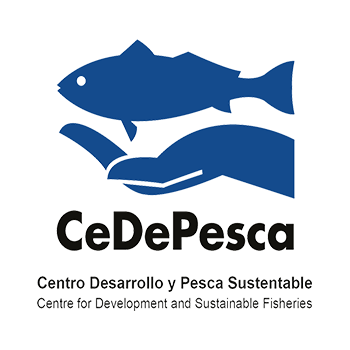

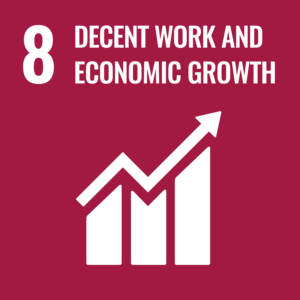

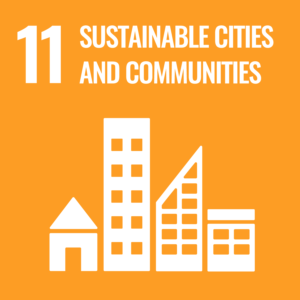
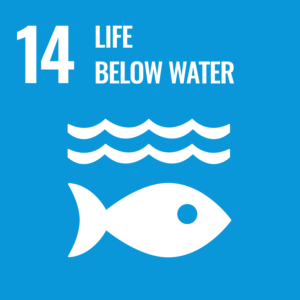
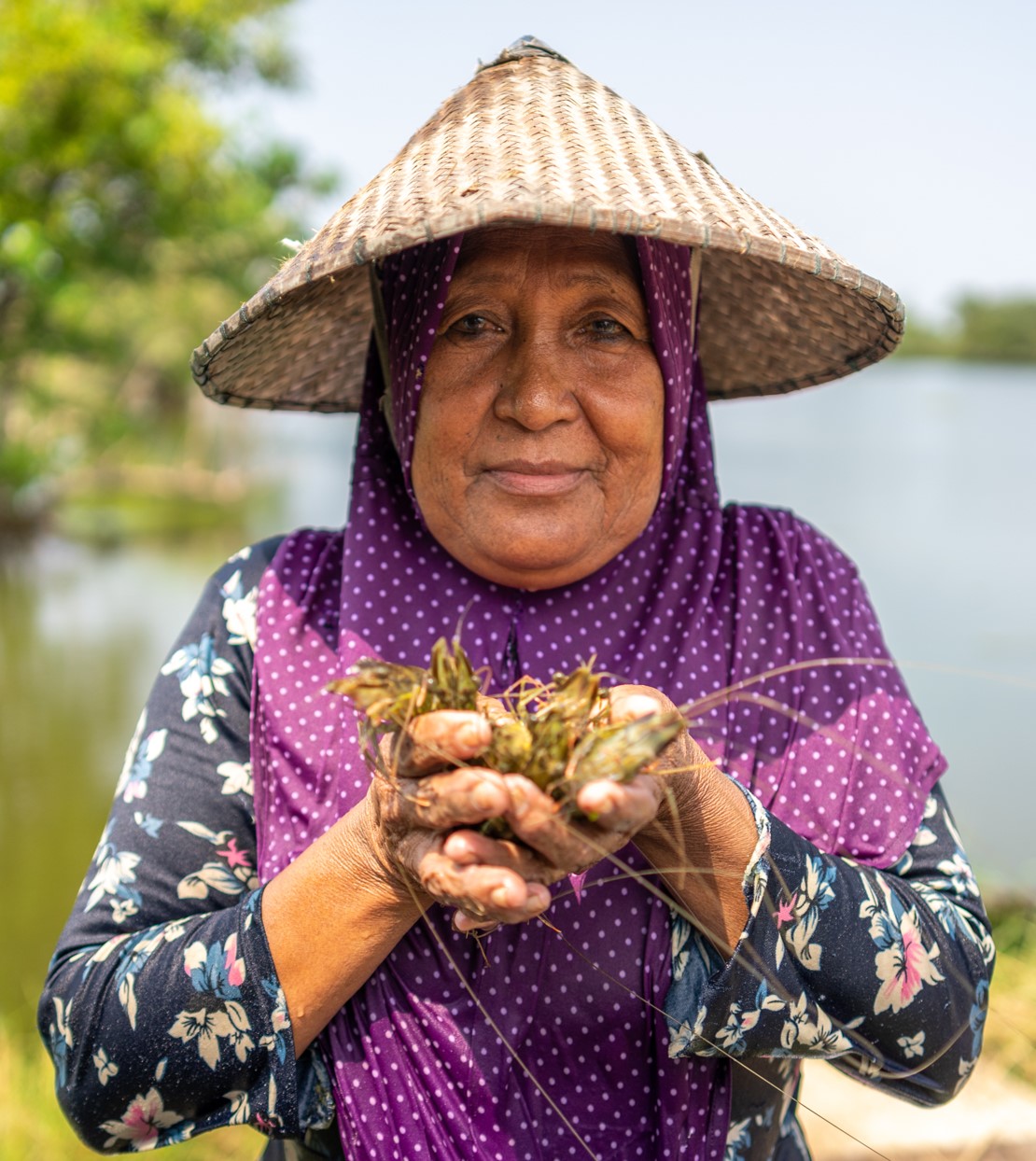
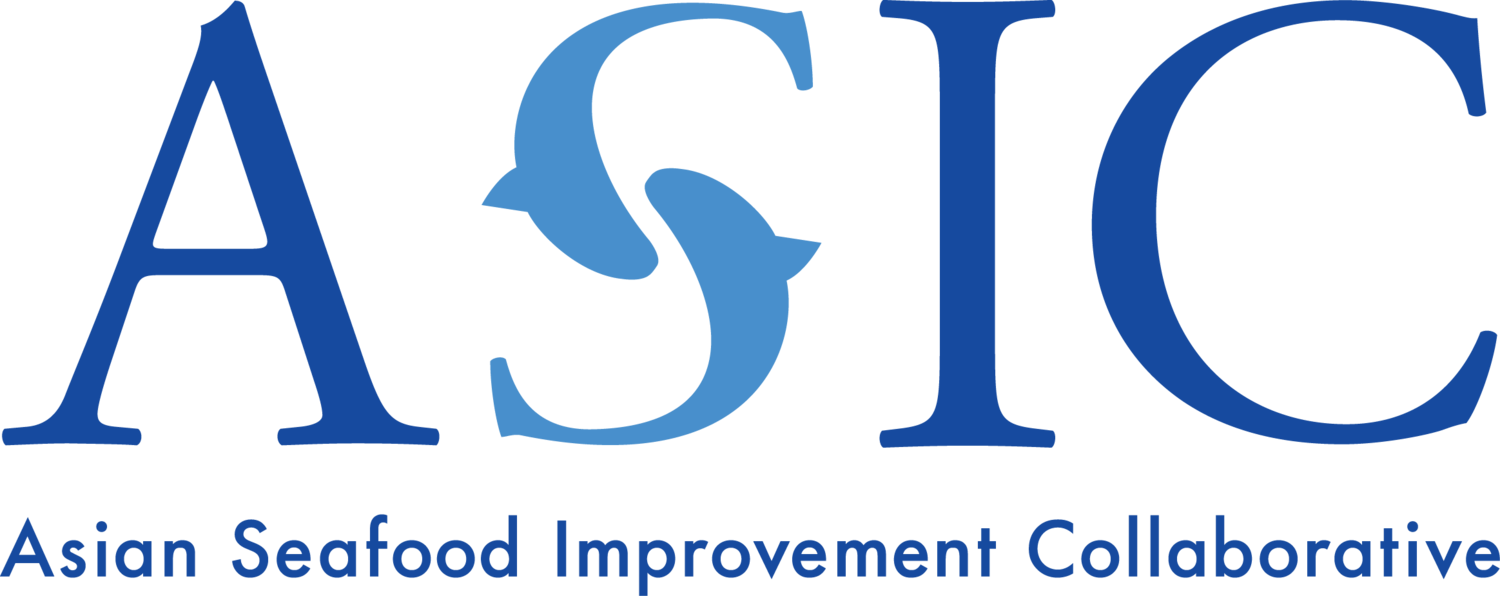
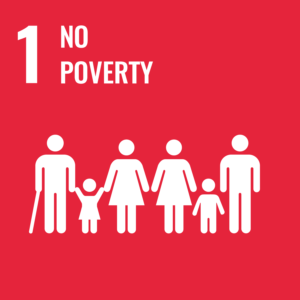
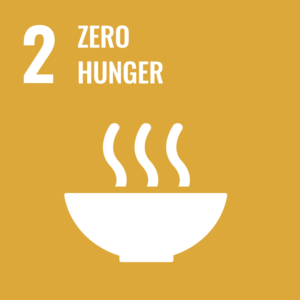


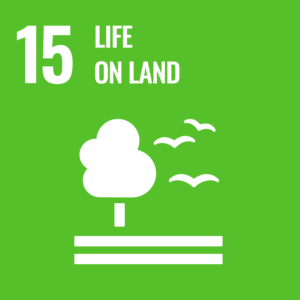
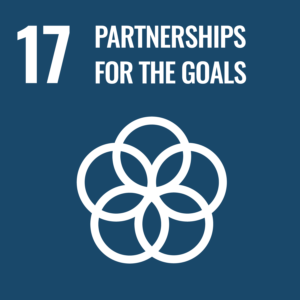
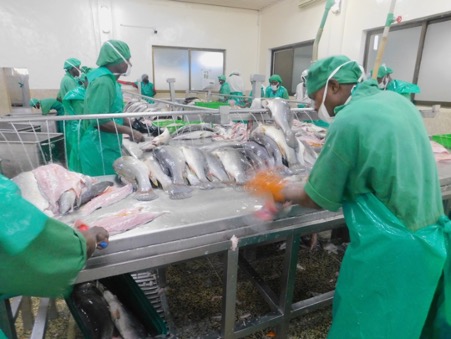

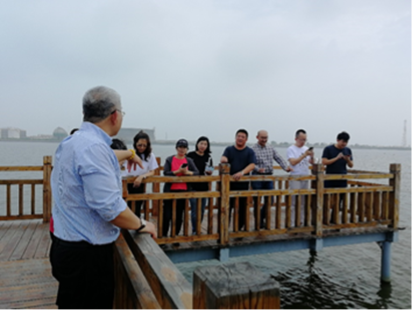
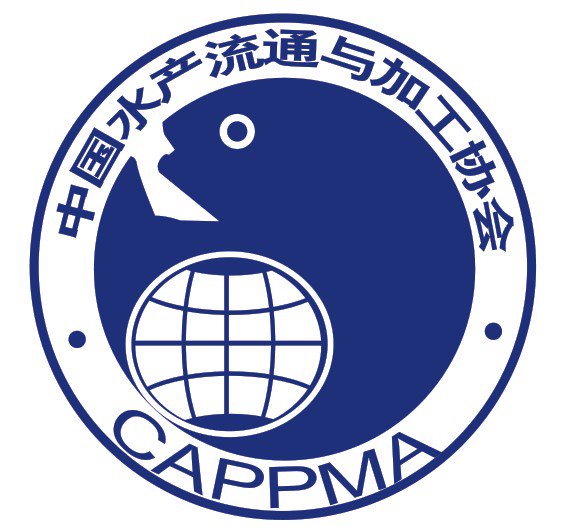
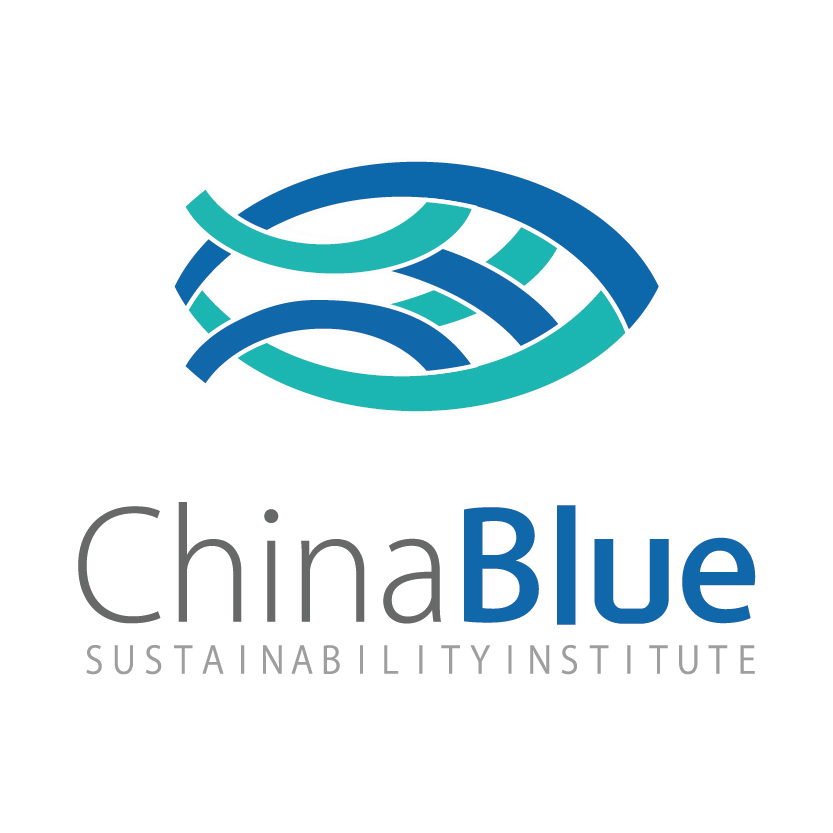
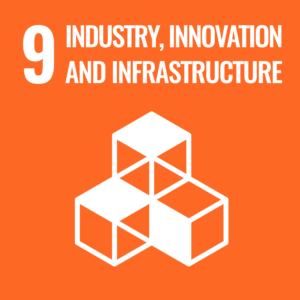



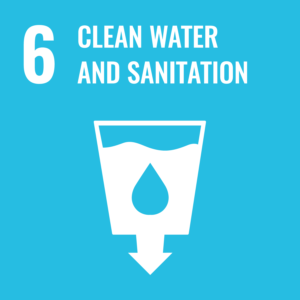
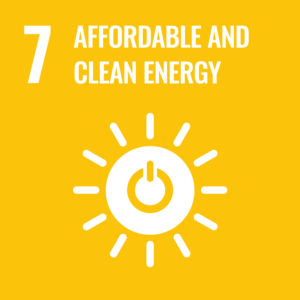
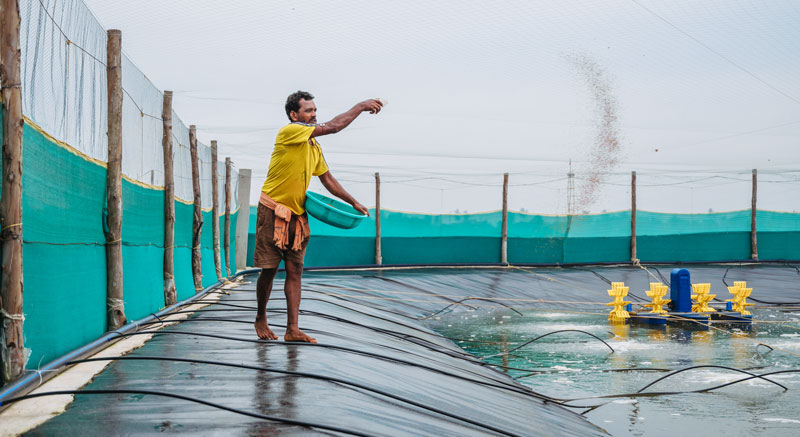

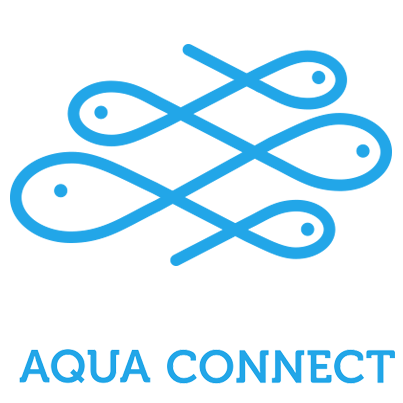
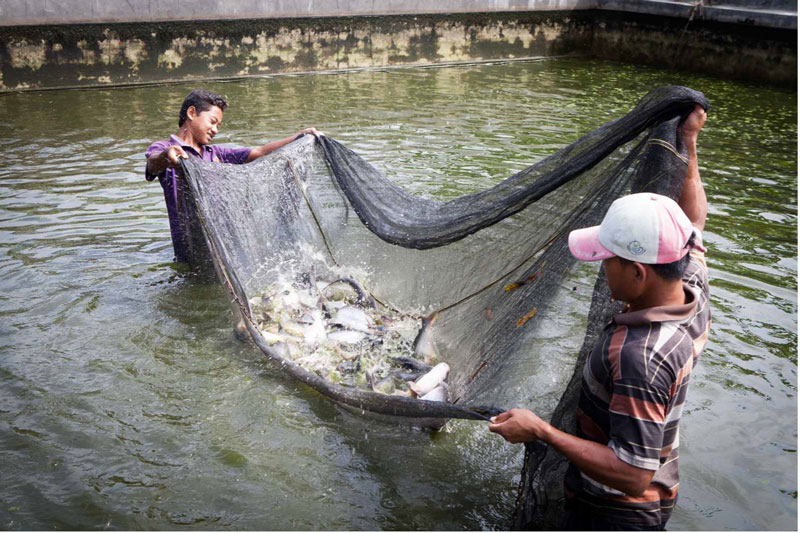
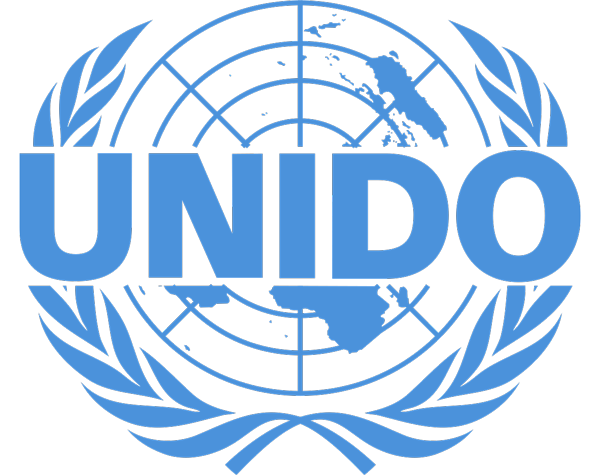
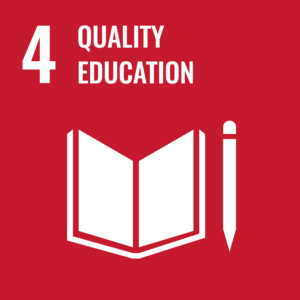
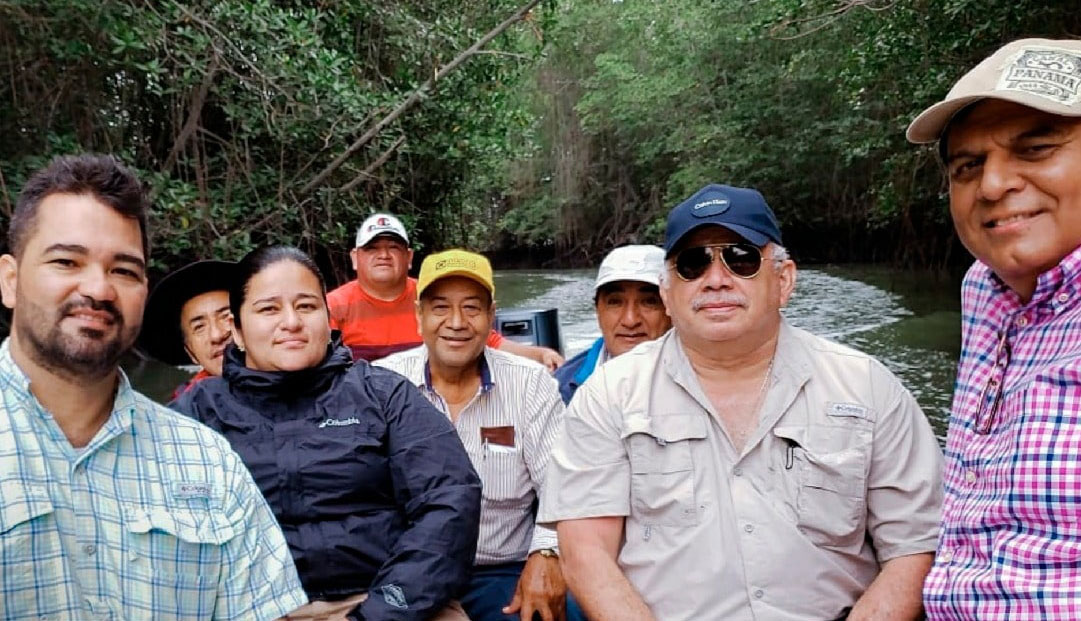
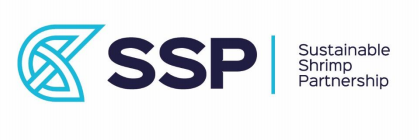
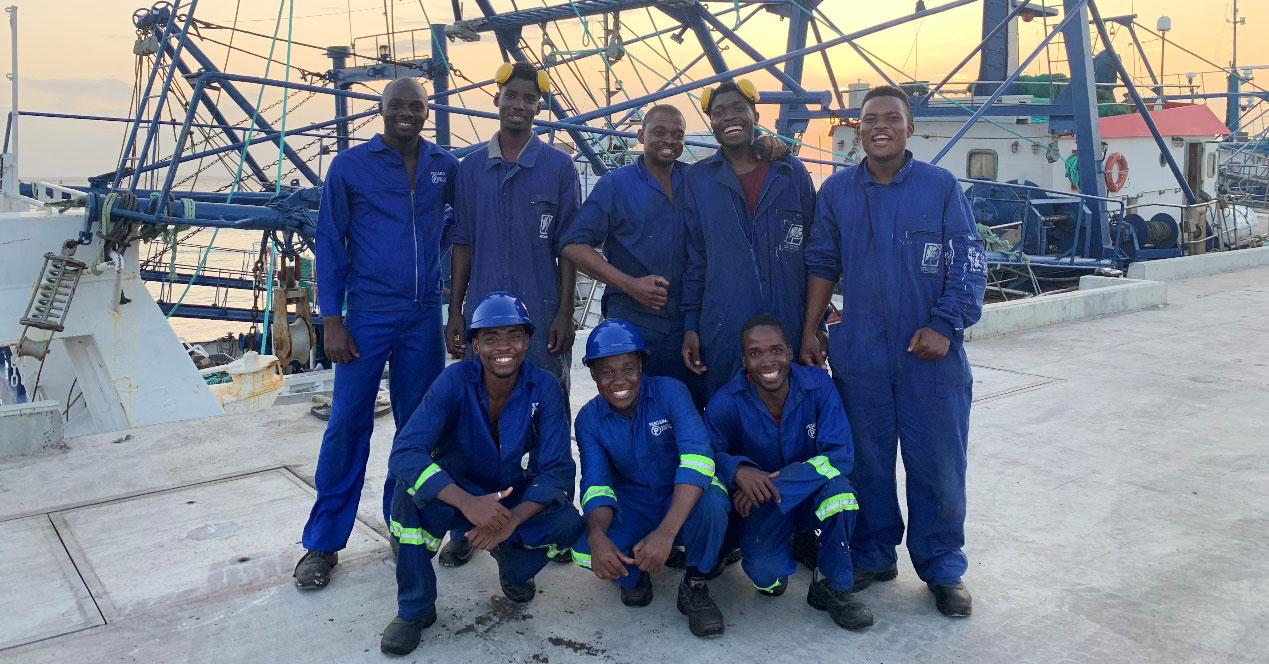
![PSC002_PescamarVertical (1)[17]](https://www.ourgssi.org/wp-content/uploads/2022/02/PSC002_PescamarVertical-117.jpg)